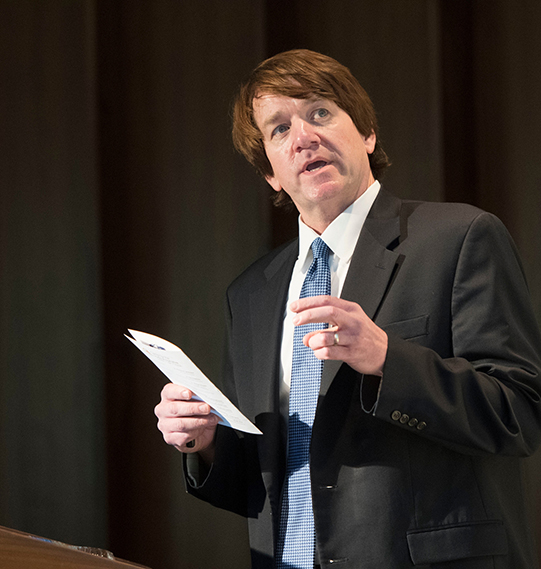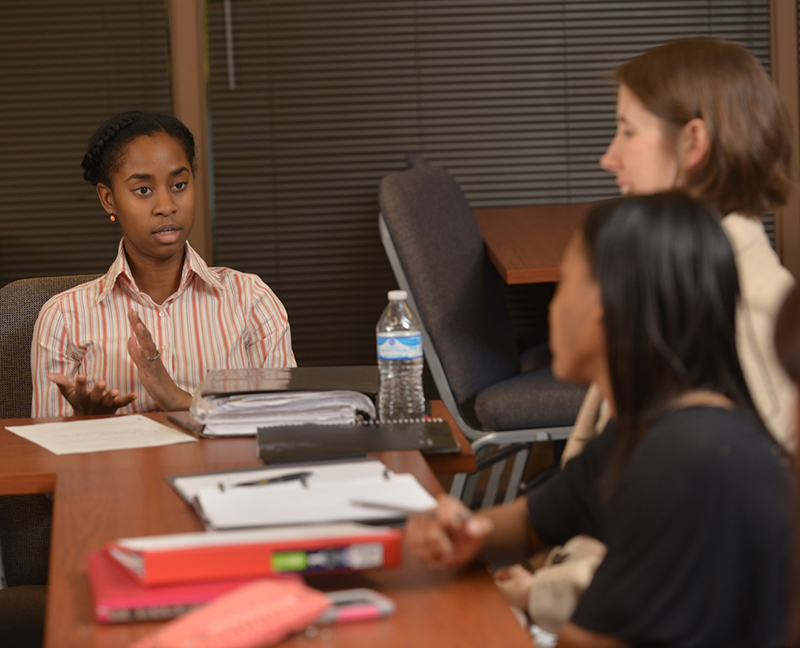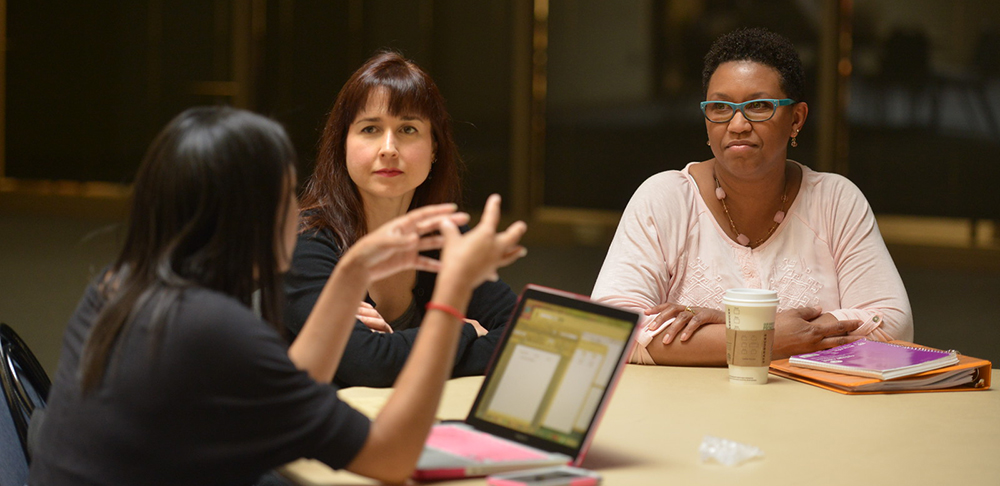Center for the Study of Narrative
Encouraging Interdisciplinary Dialogue and Collaborative Research
Compassion. Insight. Movement.
The Center for the Study of Narrative (CSN), aims to capture and digitize personal narratives or compelling stories that move us to community action. Within these narratives, we hope to share what we have learned to help others along their journey of healing. The Center fulfills its mandate through the following initiatives:
Inspiration for the Center’s mission stems from the work of various professionals in the field of counseling. Faculty and student collaborators draw from these influences to make the Center a valuable resource for Mercerians and the wider community.


